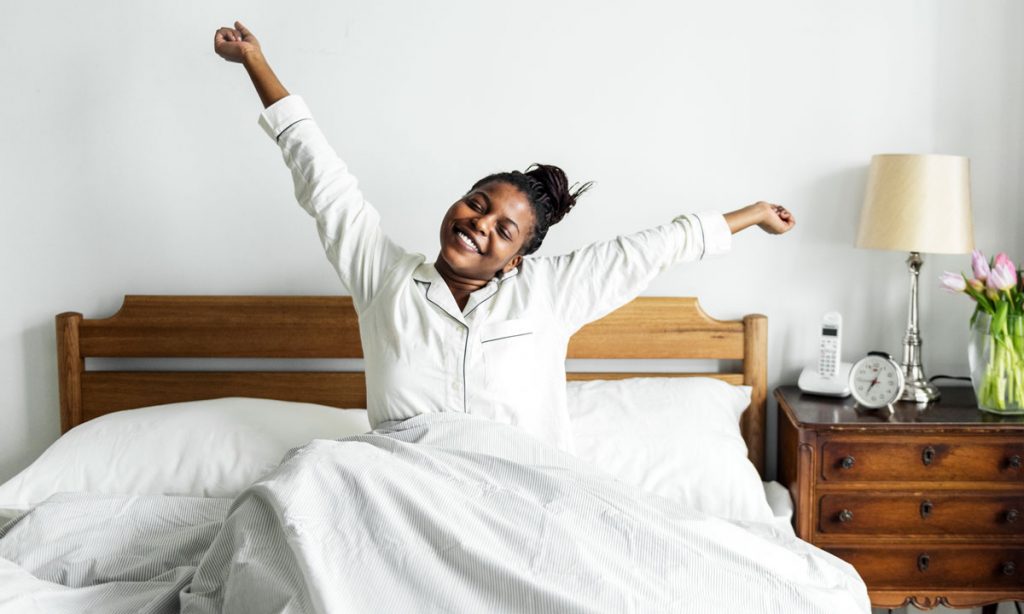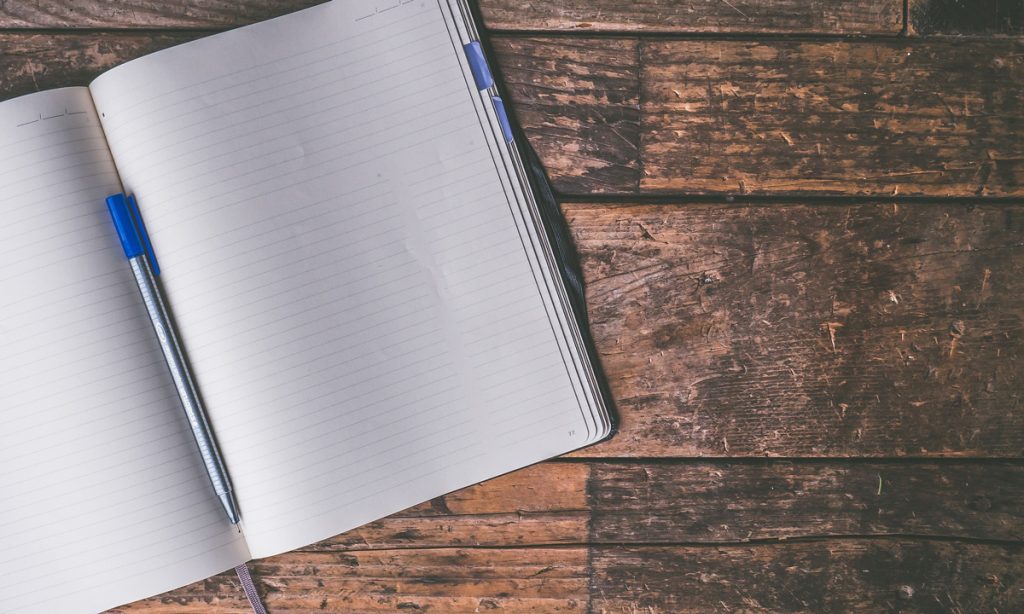In partnership with The Fresh Toast
Experts believe daily routines can reduce anxiety and improve your mental health. Here’s how to get started.
Anxiety is a highly fluctuating behavior, affecting people at random points in their lives. While some might experience strong bouts of it at different points in their lives, others wake up with some degree of anxiety every day, and have to learn how to function and manage it.
Patterns and routines are some of the most effective ways of coping with anxiety. These behaviors can help us prepare and avoid anxiety bouts, giving us a path to follow on days when we’re feeling particularly anxious, whether this is prompted by something going on in our lives or some chemical imbalance.
Dr. Steve Orma, a cognitive behavioral therapy (CBT) clinical psychologist, spoke with Headspace about the importance of routines, and how these can help treat a variety of mental health impairments, such as anxiety, bipolar disorder, ADHD, stress, and more. “To manage anxiety, you need to consistently check in with yourself about what you’re worrying about, then address it,” said Orma. “Just as we create routines with exercise for our physical bodies, we should do the same for our mental health. One way to do this is scheduling ‘thinking time’ to think through any problems or worries weighing on you instead of letting them build up.”
Routines provide a framework for you to do many things, from chores and office tasks, to waking up and going to bed. Any actions you tack onto a routine become more likely to happen when done repeatedly and preceded and followed by the same behaviors. “Once this becomes your normal routine, it’s easier to accomplish everything, because it becomes a habit,” explains Orma.
Here are some tips that can help you form routines to reduce anxiety:
Be realistic with your goals

RELATED: Why What You Drink First Thing In The Morning Is So Important
Start off slow, adding a simple habit to your morning or night routine that doesn’t alter much of your life. Having a glass of water when you first wake up may sound like a silly thing to do when it comes to anxiety management, but adopting this behavior can help you stay hydrated and encourage you to drink more throughout the day. Drinking water first thing in the morning has been correlated with a better mood and higher levels of energy. You can place a glass of water on your nightstand on the night before and have your coffee right after you drink it in the morning.
Make it enjoyable

Try to find habits that you enjoy, that don’t demand much of your time and that are also calming and therapeutic, such as reading before bed or journaling in the mornings. The point of this whole thing is to manage your anxiety in a way that’s fun and that encourages you to be happier and more productive. They can also help you cut anxiety inducing and time consuming activities like checking your phone first thing in the morning and right before you go to sleep.
Forgive yourself

RELATED: 5 Ways To Prep For The Winter Blues
Routines are difficult, especially when you’re first trying to develop them. While it’s important to push yourself to do them even when you don’t want to, it’s okay to forgive yourself every now and then, either because you were feeling too lazy to commit or because you forgot about them.
Remember that your routines help your days run smoother, pushing you to workout and do healthy things at specific times instead of waiting around for when you feel like doing them. Once the habit settles in, it becomes much easier for you to remember these actions and for all of them to pile up. Without realizing it, you’ll have adopted a bunch of helpful behaviors that will reduce your anxiety and will make you feel better.
Read more on The Fresh Toast
Advertising disclosure: We may receive compensation for some of the links in our stories. Thank you for supporting Irvine Weekly and our advertisers.

